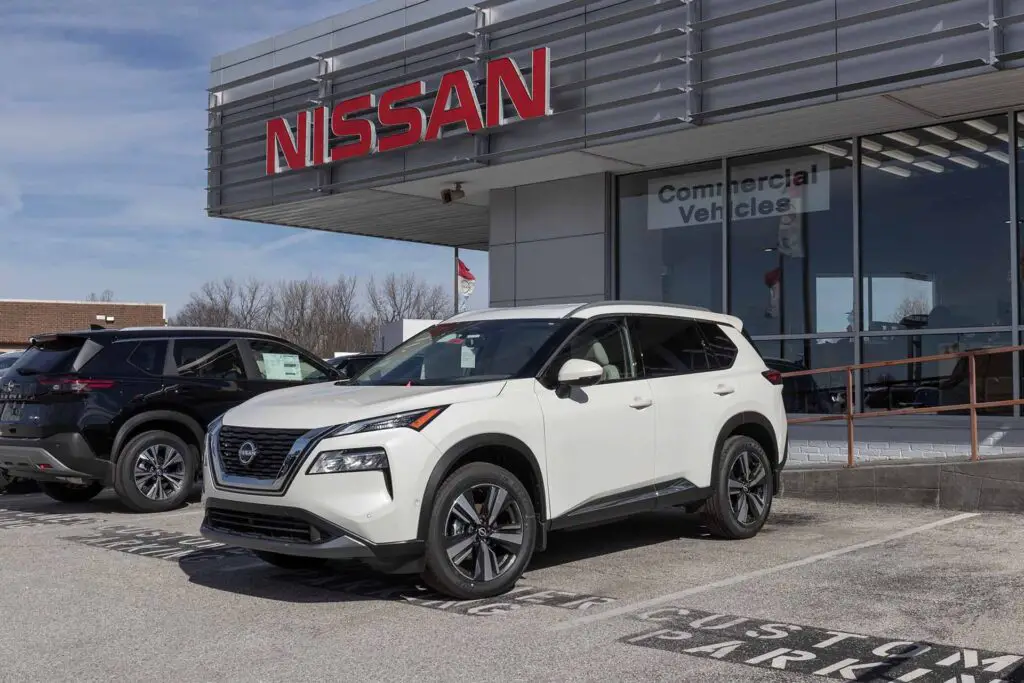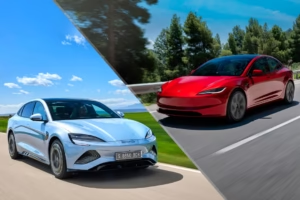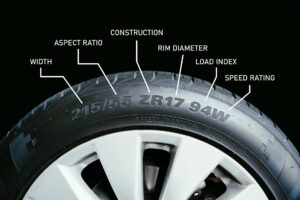Nissan is making a big move, and it’s all about tariffs, timing, and staying ahead. The automaker has decided to cut production of its best-selling US model, the Rogue SUV in Japan, at its Kyushu plant. Let’s discuss the reason for Nissan to cut Rogue production in Japan.
Tariffs Are Driving Major Production Decisions
So, what’s the exact reason for Nissan to cut Rogue production in Japan? You’ve guessed it – a heavy 25% import tax on cars made in other countries, now in effect in the United States. This change is set to kick in between May and July 2025 and will cut production by about 13,000 cars – about a fifth of the number sold in the US during Q1 alone. It’s a bold shift, and it’s sending a clear message – automakers are rethinking their global strategies in a big way.
This isn’t just about one model or one factory. It’s about a changing landscape where international trade decisions are having a direct impact on where cars get built. The new Trump tariffs have put pressure on manufacturers like Nissan, who rely heavily on US sales.
Rather than absorb the extra costs or raise prices for American buyers, Nissan is looking at shifting some of its Rogue production from Japan to the United States. It’s not official yet, but reports suggest the company is seriously considering the move to stay competitive and keep its pricing in check.
It’s a classic case of – adapt or fall behind.
What’s Happening at the Kyushu Plant?
According to Reuters, things at Nissan’s Kyushu facility are going to look a little different this summer. The plant will still run two shifts per day, but output will slow down. Some lines will be paused, and workers are likely to see shortened hours on certain days. For now, the company is avoiding layoffs, but it’s clear that big changes are in motion.
Kyushu has long been a key hub for Nissan’s global operations, and scaling back here is a sign of how much the tariff shake-up is rattling even the biggest names in the game.
The Bigger Picture for the Auto Industry
Nissan isn’t the only one feeling the heat. Automakers across the board are reconfiguring their strategies to deal with tariffs, shifting consumer demand, and economic uncertainty. Stellantis has paused operations at several plants in Mexico and Canada. Honda is moving Civic hybrid production from Mexico to Indiana. Even Toyota is investing more heavily in US-based facilities.
It’s a domino effect, and Nissan is just one piece of a much larger puzzle. For the car news crowd, this is one of those stories that could signal a broader manufacturing migration back to North American soil.

A New CEO, a New Direction
These moves are happening as Nissan enters a new chapter under CEO Ivan Espinosa, who took the reins earlier this year. He’s coming in with a mission to streamline operations and shake off some of the company’s recent struggles, especially in the US market, where Nissan has been slipping due to an aging lineup and a slow push into hybrids and EVs.
Espinosa wants to reduce global manufacturing capacity by about 20%, while also steering the brand toward a more modern, electrified future. Cutting Rogue production in Japan might just be the start of a bigger plan to reshape Nissan’s global footprint.

What Comes After the Nissan Cut to Rogue Production in Japan
It’s still early days, but expect more big announcements from Nissan soon. If tariffs stick around, we’re likely to see the Rogue, and possibly other models, shift production closer to where they’re sold. That means more US-built Nissans on American roads and possibly better prices for buyers.
But it also means more pressure on automakers to act fast and smart. Manufacturing is no longer just about efficiency – it’s about flexibility, too. And if there’s one thing this latest round of car news tells us, it’s that the race to adapt is officially on.








